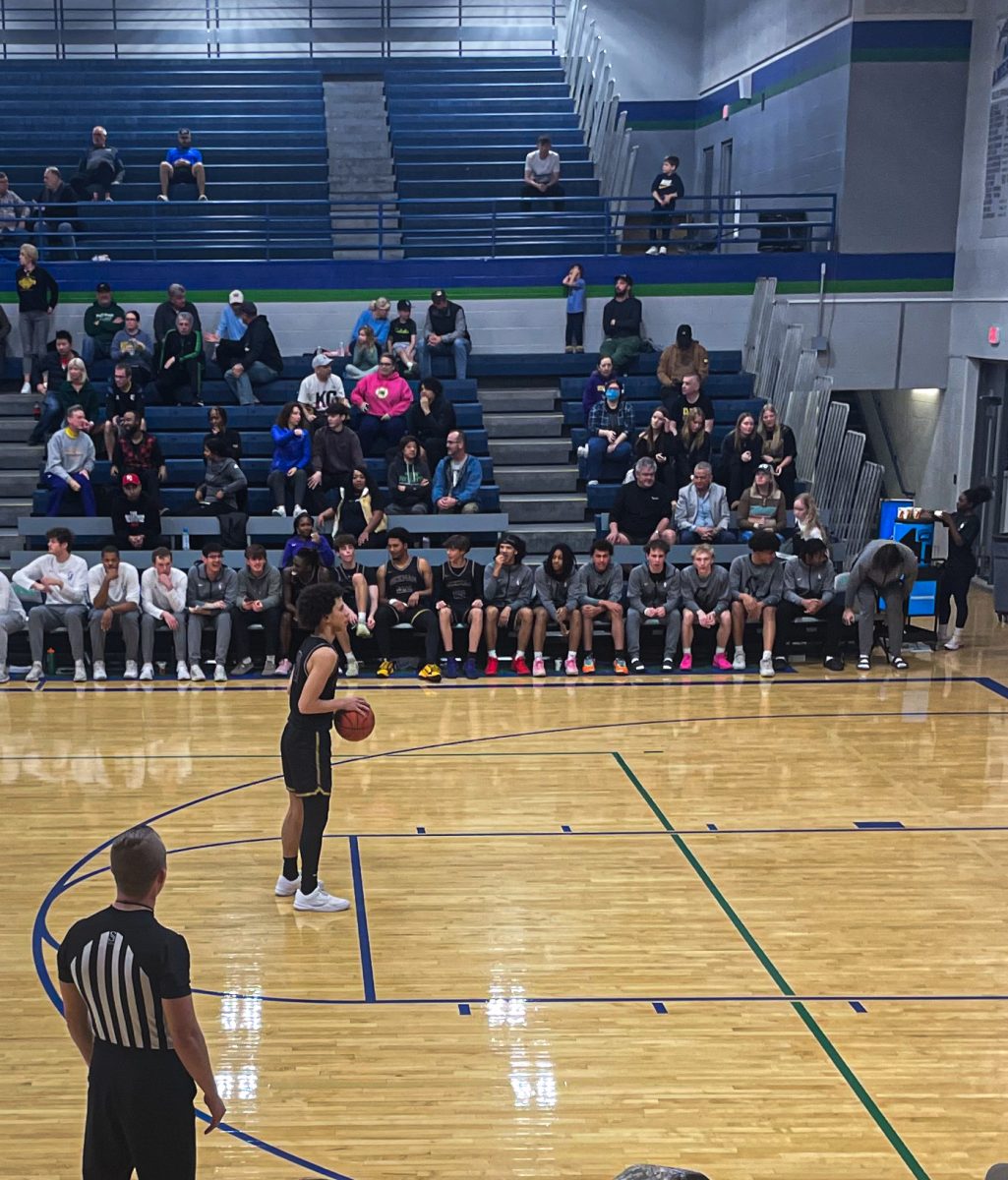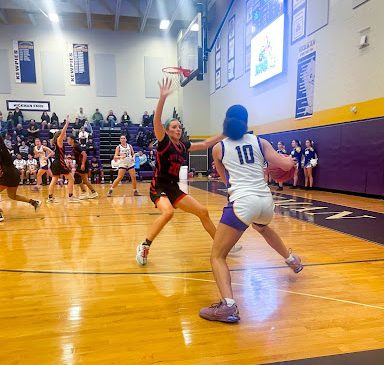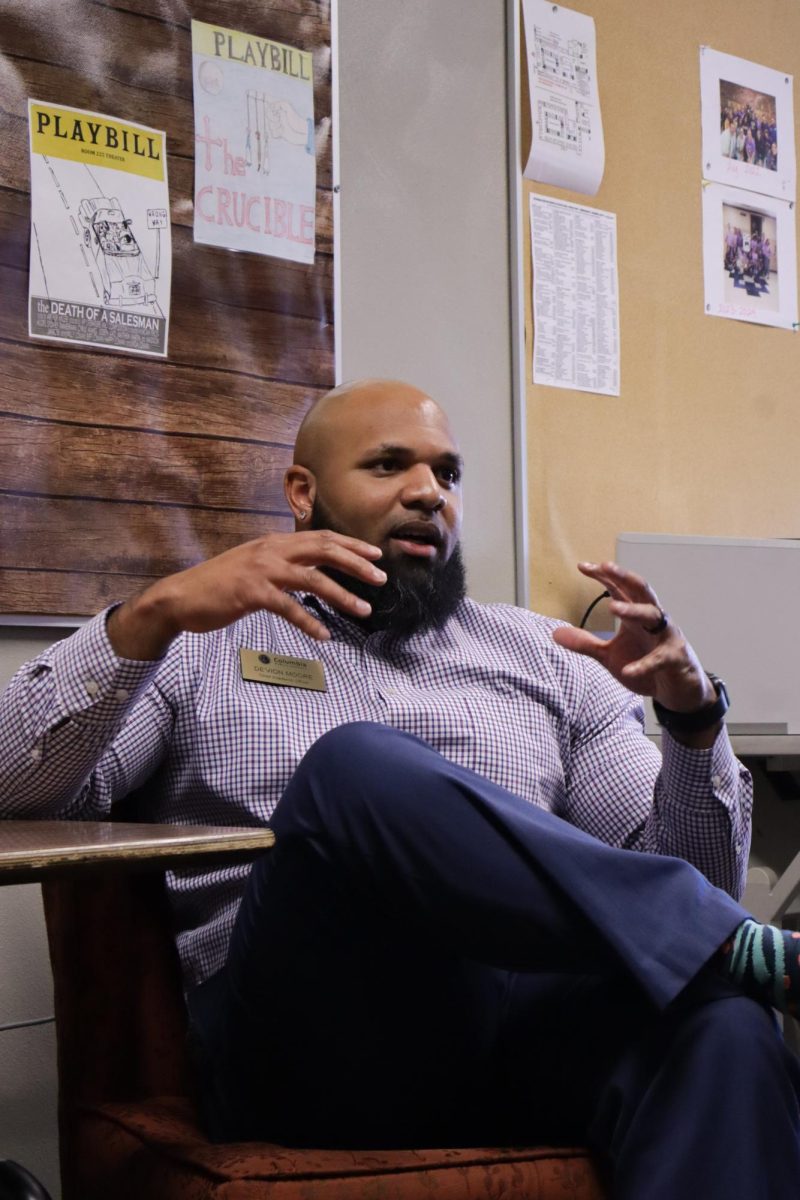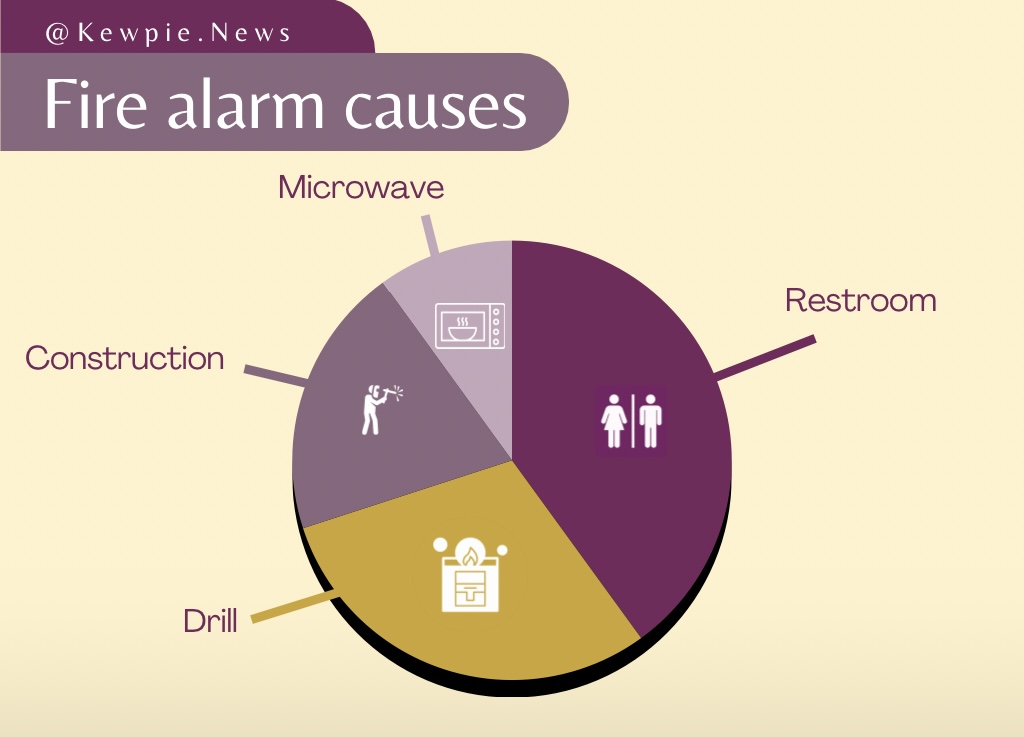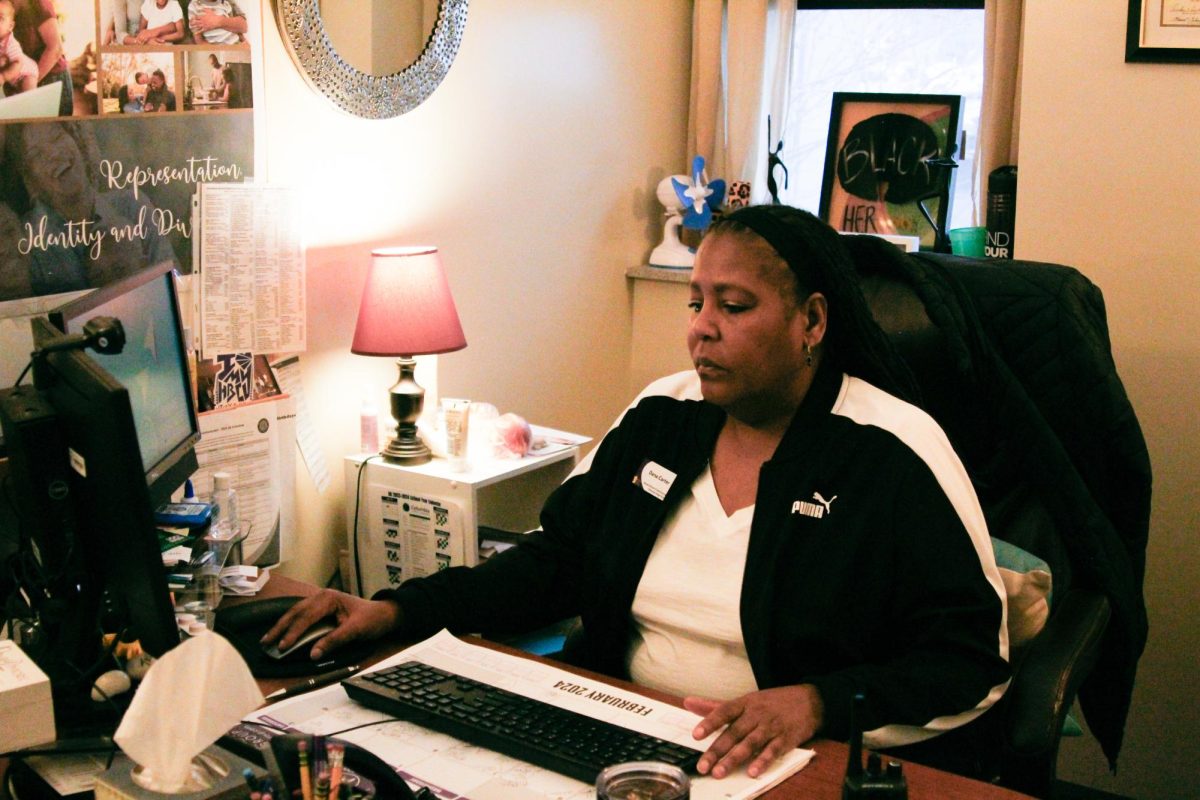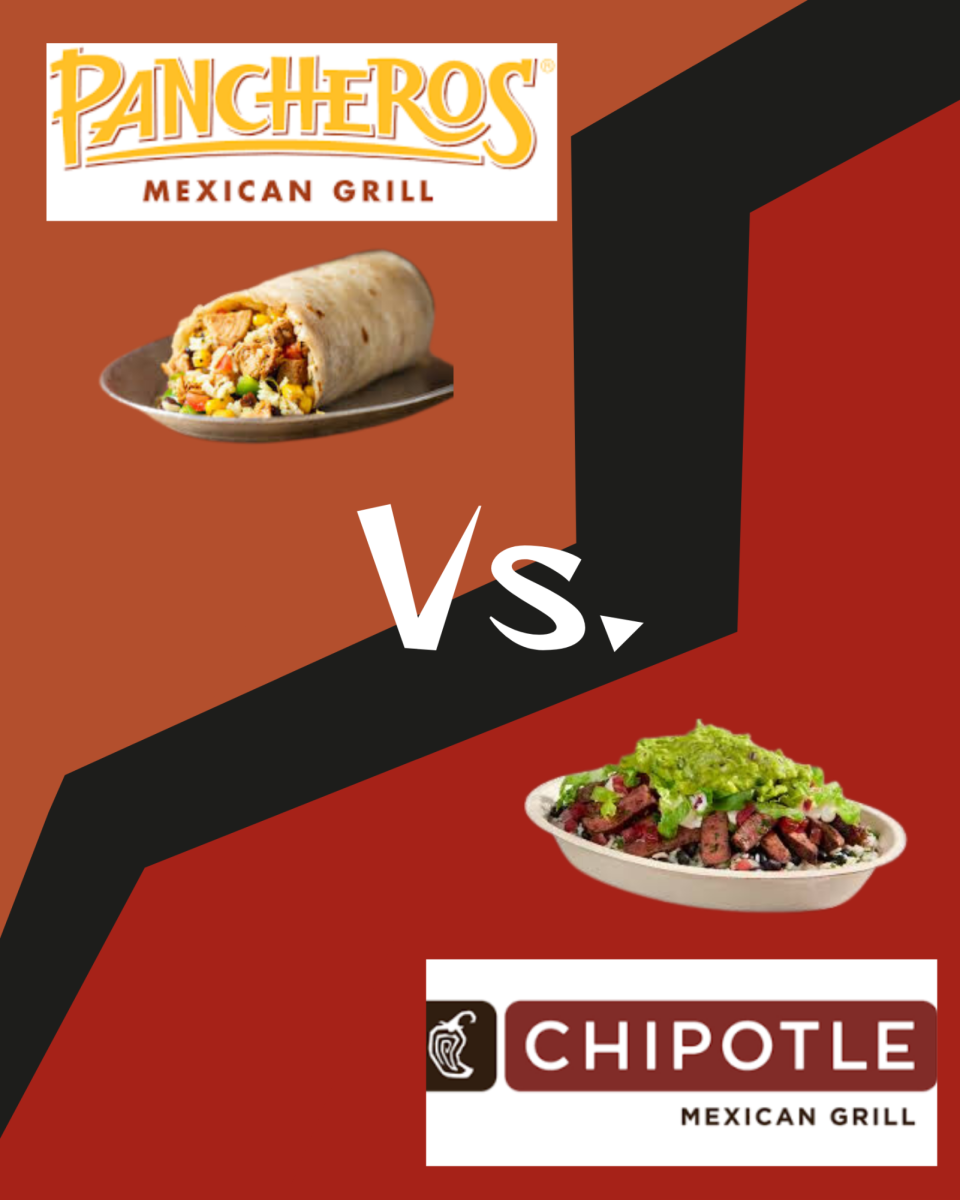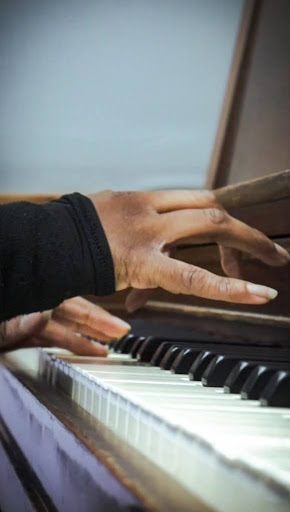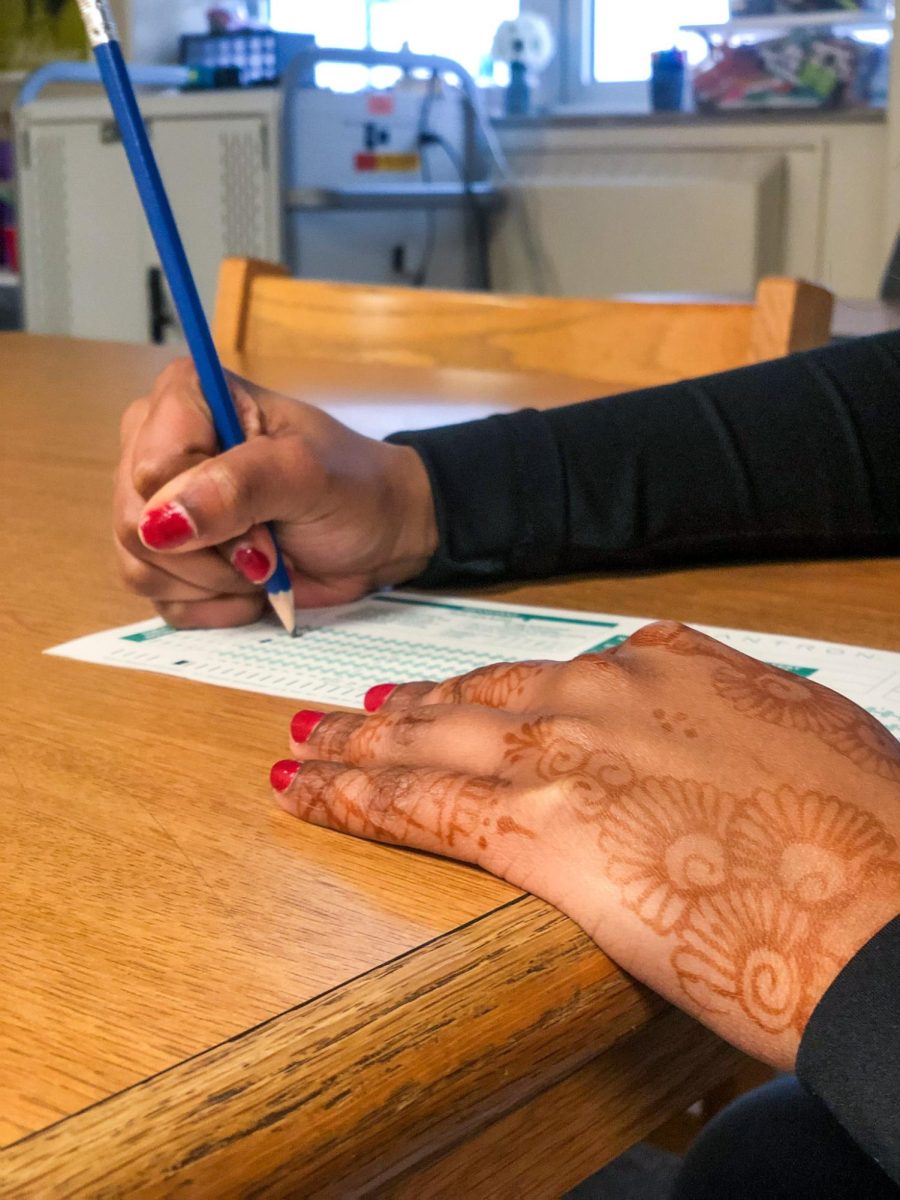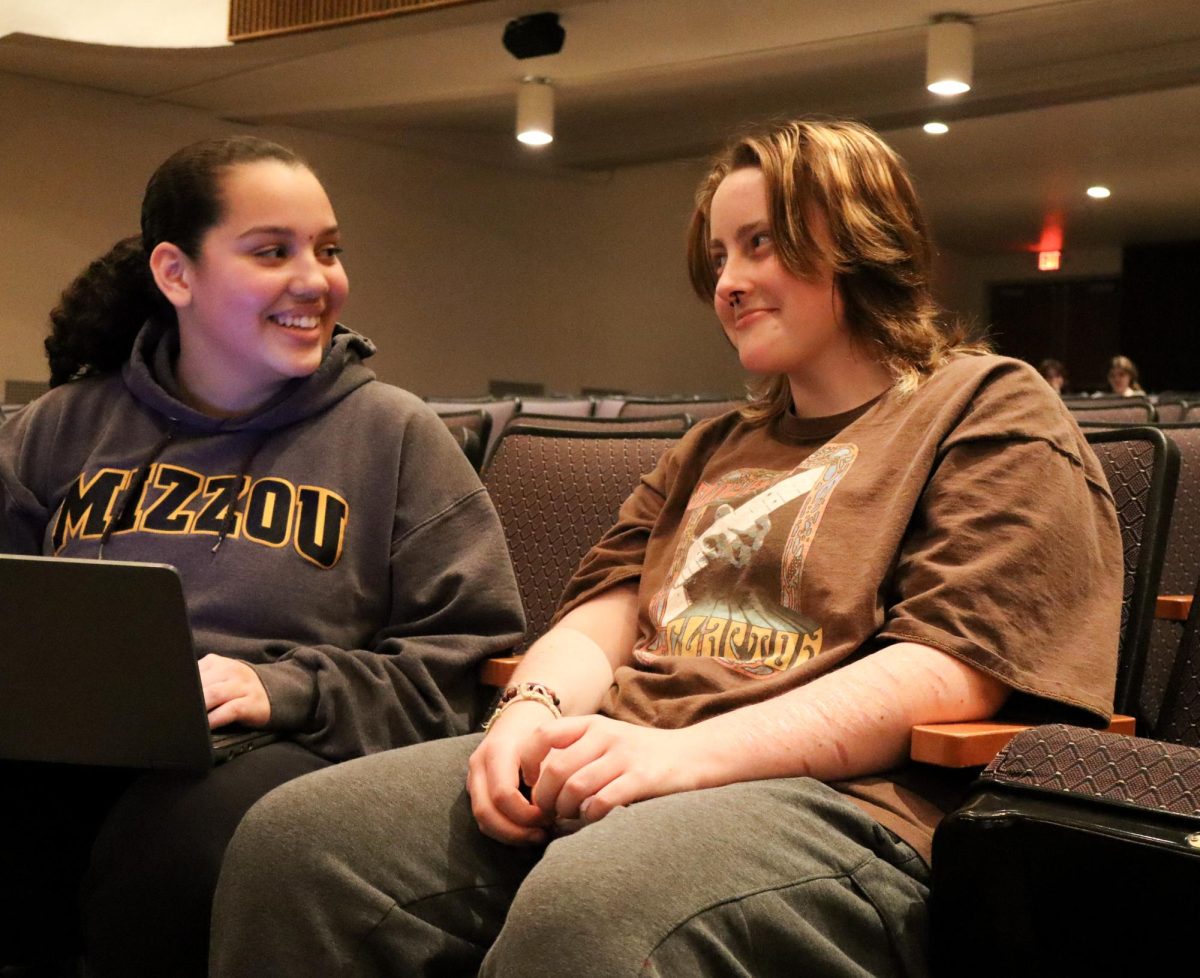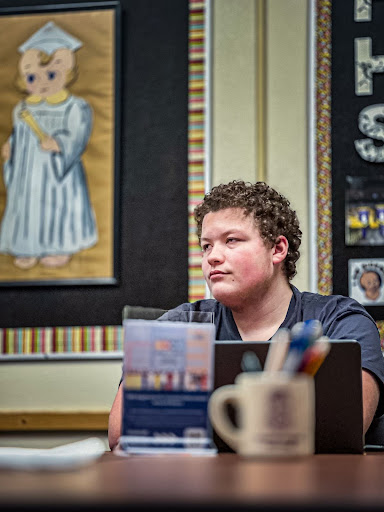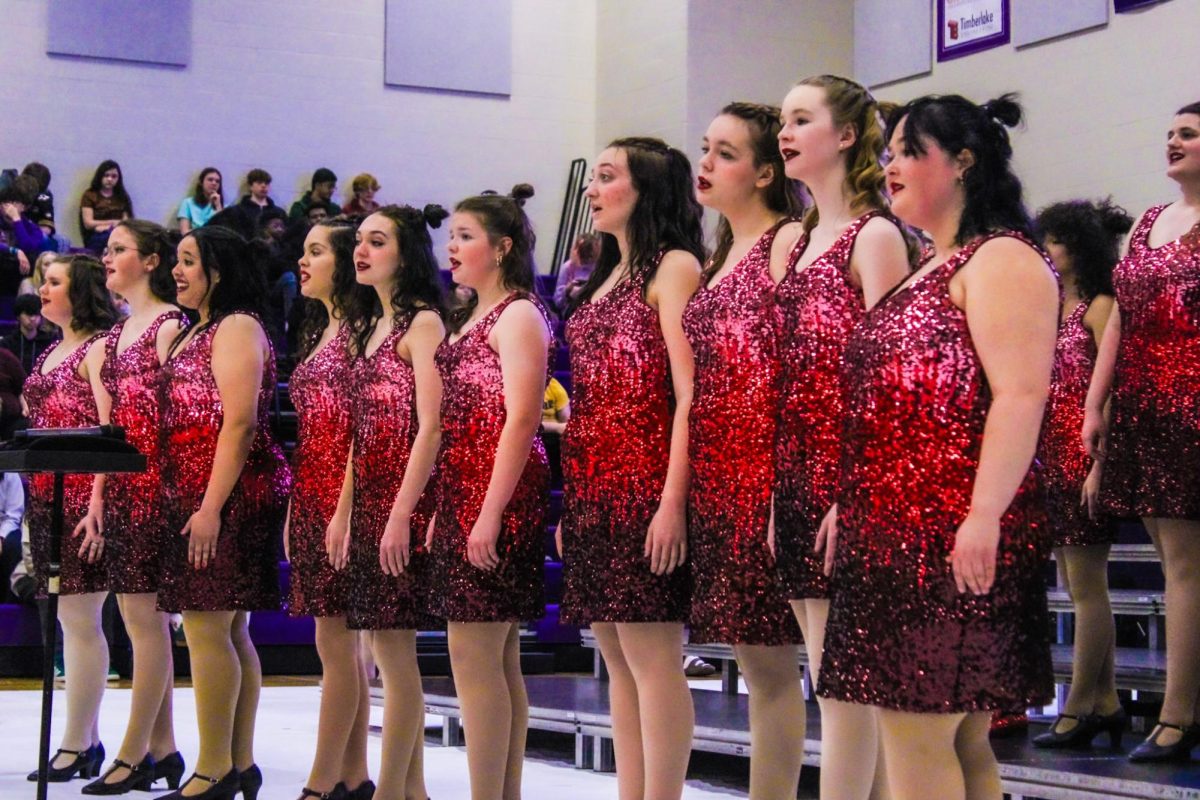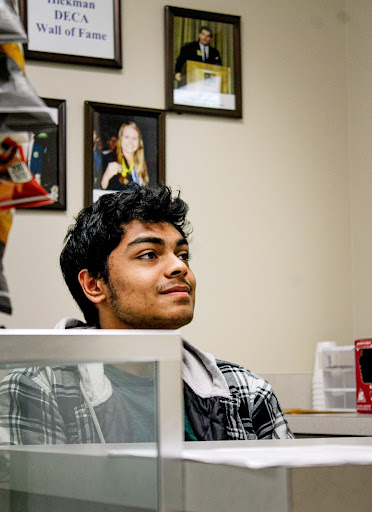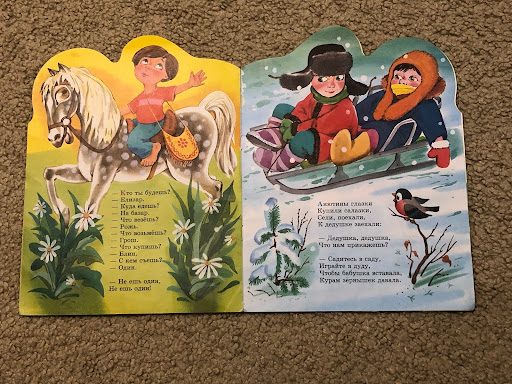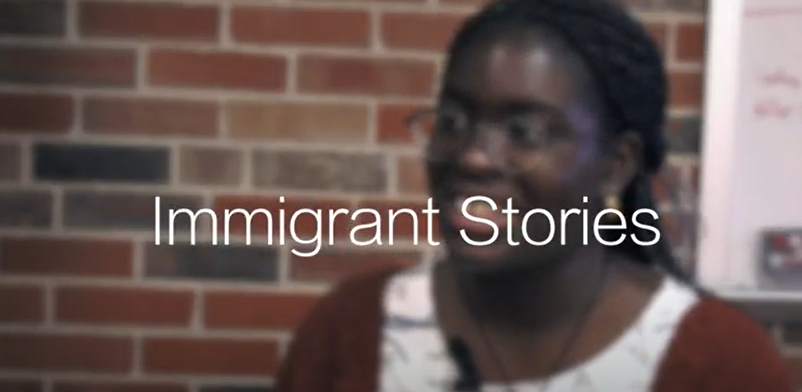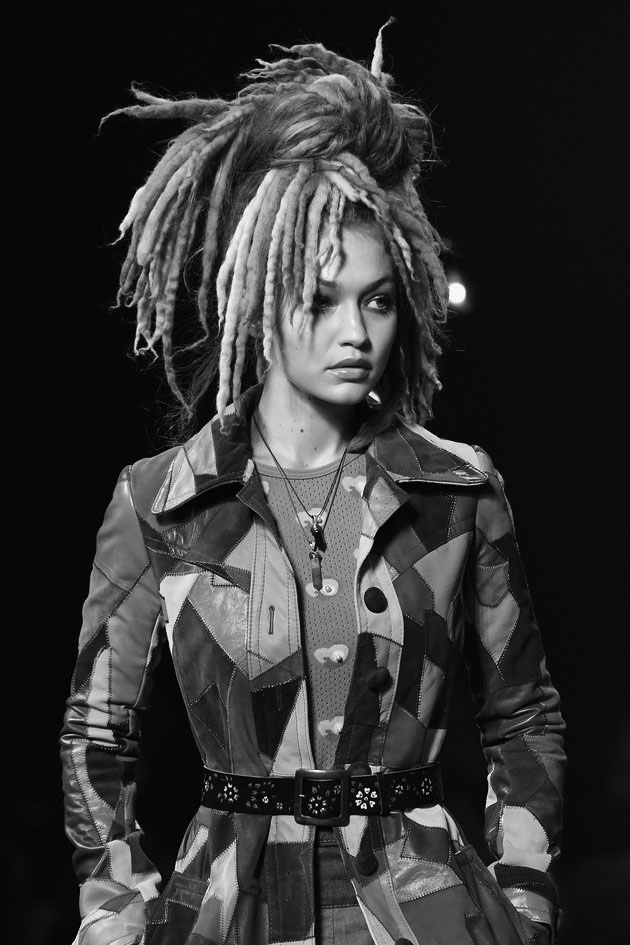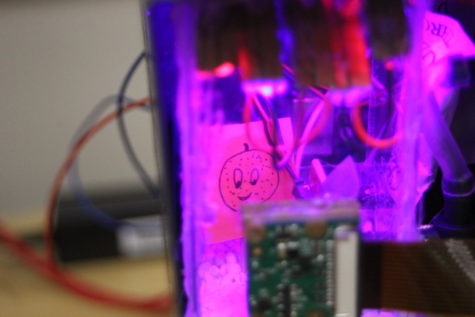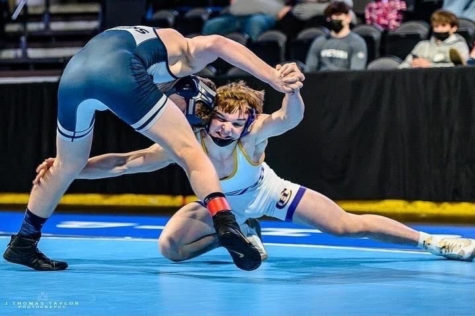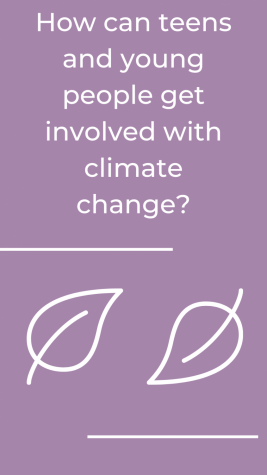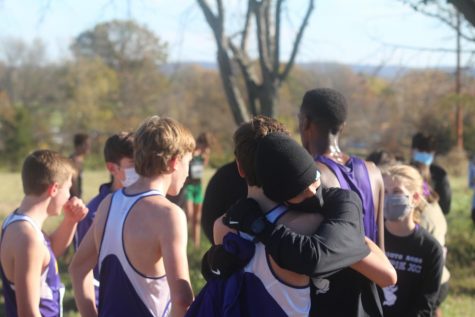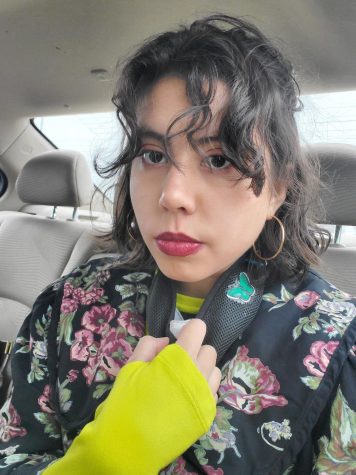Allied v. Appropriation
How can we appreciate our diverse friends without mocking them?
NEW YORK, NY – SEPTEMBER 15: Model Gigi Hadid walks the runway at the Marc Jacobs fashion show durin New York Fashion Week at Hammerstein Ballroom on September 15, 2016 in New York City. (Photo by Slaven Vlasic/Getty Images)
Cultural Appropriation.
A topic often seen when scrolling through news feeds and one many are not too knowledgeable on. Cultural appropriation is defined as an adoption or use of elements of one culture by members of another culture. Little do we know the effect that it has on us and rarely do we take into account the negative connotations that appropriating a culture has – especially inside the four walls of Hickman High. Let’s not forget that anybody can always appreciate a culture and always ally with your brothers and sisters.
But when does appreciation become too much? For example, when Kylie Jenner blew up the internet with cornrows, full lips, and a butt that women fantasize of having and men drooled over; did anybody stop and think that she was appropriating a black woman’s features? Or when Kendall Jenner stood in front of a line of police officers handing them a Pepsi can and smiling, appropriating Ieshia Evans on July 9th, 2016 protesting that ‘Black Lives Matter’? Or Dashikis, an African culture garment to keep the heat off that hippies wear as a form of counter climates? Native American headdress on Halloween and dreadlocks on white people because they’re “earthy”?
These are just a few larger scale examples of appropriation present in pop culture. And it’s sad when someone takes these elements of a culture, wear it as if it were their own, but shame the culture that created it.
Brett Kirkpatrick, AP Language and African American Literature teacher, shared his opinions on appropriation.
“It seems to me, appropriating takes the heart away, the human away. It becomes about stuff, or music, or fashion, or language or other superficial concerns,” Kirkpatrick said . “I would like to have a discussion with all types of people about how cultural appropriation is wrong. It seems insensitive. It focuses on the wrong stuff. Should I be enjoying West African music without learning about culture, language, history, struggle? It seems too obvious to me, the answer to that.”
Kirkpatrick hopes that cultural appropriation starts becoming a part of discussions, a topic that people should be more aware of.
“Cultures don’t require work to appreciate,” Kirkpatrick said. “How can anyone not agree with that statement?”
Culture is an educational opportunity for others to acknowledge and understand the importance of the many cultures that surround this nation and this world. There will be less confusion when understanding that borrowing someone’s culture, cultural exchange, is prevalent throughout history but getting praise and credit in a dominant culture while the other is getting dehumanized and mocked is nothing short but cultural appropriation.
At Hickman High, there are two African American Literature classes, and some minority students question why a white male teacher would teach an African American Literature class when they have not experienced the African American culture. Some even question if this idea is appropriation or not.
“Lately, I’ve been thinking of myself as a facilitator. Maybe that’s what any teacher should shoot for,” Kirkpatrick, one out of the two African American literature teachers, said. “I’m here to show students what’s out there, get them thinking and talking about the AA experience.”
Thinking and talking. Our society, our generation, our students should start thinking and talking about an issue that is complicated and controversial. Our students can begin mastering the skill of being open minded and mindful of our surroundings.
But nevertheless, if you decided to go to the Caribbean, gets braids with beads at the end and decide to wear that throughout the whole trip but take them out when you return back home, or allying with the protest groups in the African American community and being empathetic to the racial divide — appreciation. Or just simply loving and appreciating someone’s culture just by learning more about them are ways we can love each other’s differences without offending.
If we loved the people in the culture just as much as we love taking their culture, maybe just maybe this world would be more at peace.



